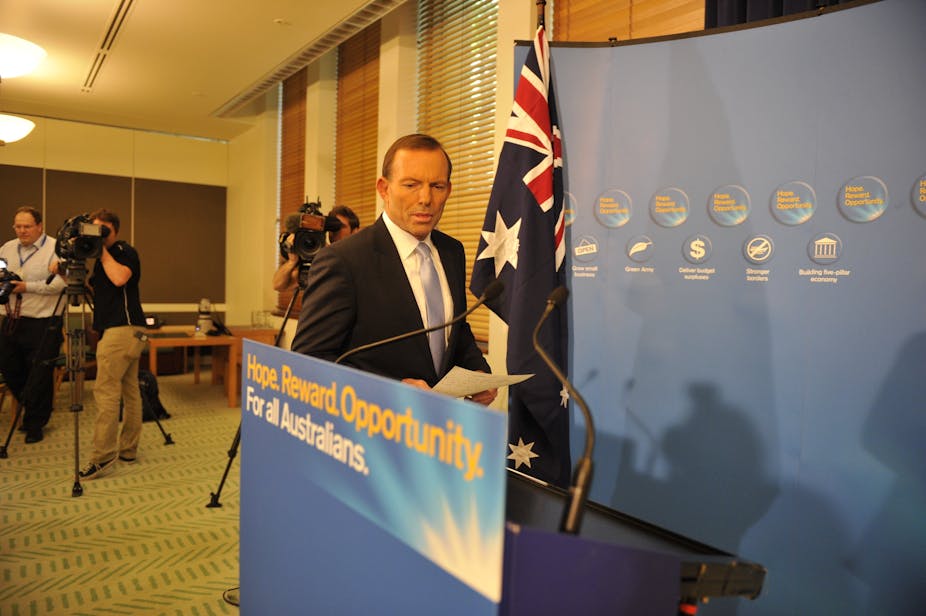It was a big day in political circles yesterday, with Prime Minister Julia Gillard announcing an election date and launching her priorities for the nation. Among the hubbub that followed, an important announcement from the Coalition went virtually unnoticed.
In a joint announcement from the leader of the opposition and the shadow minister for health and ageing, the Coalition made a commitment to protect health and medical research funding, signalling medical research as a key part of their plan to build a strong and prosperous economy.
This is due acknowledgement of the vital role of medical research and is a welcome commitment by the Coalition to the future health and prosperity of all Australians.
Australia gets a big “bang for its buck” from our research spending – strong ongoing investment by successive governments has ensured we punch well above our weight internationally in new discoveries.
This investment delivers a substantial return. Best estimates indicate that every dollar invested in medical research returns over two dollars to the nation in health benefits, through better disease prevention, new treatments and more efficient and effective health services. As a result, Australians are living longer and better.
A firm commitment to medical research not only makes sense for the community, it makes good financial sense for government. If nothing changes, health and aged care-costs are expected to almost double by 2050, increasing from 18.5% of government expenditure to a crippling 33% over this time. Plainly this trend is not sustainable and it must be addressed now if we are to mitigate its impact.
The government knows research is crucial for addressing this and has, accordingly, sustained funding support for medical research in the face of significant budgetary pressure over recent years.
The Coalition’s commitment offers greater funding certainty for the sector and should encourage further private sector investment and provide a strong incentive for top researchers to pursue careers in Australia. While funding certainty may not be an obvious “vote grabber” in the general population, it has a big impact on our sector and the Coalition’s statement is very welcome.
Along with the government’s ongoing funding support and the prime minister’s stated commitment to building a national culture of innovation, this commitment by the Coalition offers hope to the many patients who rely on medical research to improve disease treatments, to donors who place their hope in medical research to find new cures and preventions, and to Australia’s medicines industry (our most valuable high-tech export industry), which relies on research to develop new, more effective drugs and diagnostics.
In her speech yesterday, the prime minister flagged the imminent release of the government’s industry and innovation statement. We are also eagerly awaiting the release next month of the independent McKeon review into the Australian health and medical research sector.
The review is a once-in-a-decade opportunity to provide a bold plan to capitalise on Australia’s knowledge sector and drive innovation in health care, create high value jobs, attract back Australia’s talented diaspora, fuel Australia’s most valuable knowledge-intensive industry, and capitalise on the growing wealth and needs of our neighbours.
Determining how funding for health research may be best identified and allocated to prevent disease and for the creation of a truly self-improving and more effective health delivery system is clearly a national priority. Importantly, the Coalition indicated in their announcement that the independent McKeon review would inform future development of their approach to a strong medical research sector.
It’s great to see investment in health and medical research being recognised as one of the key ways we can build a prosperous economy and a strong and healthy future.

